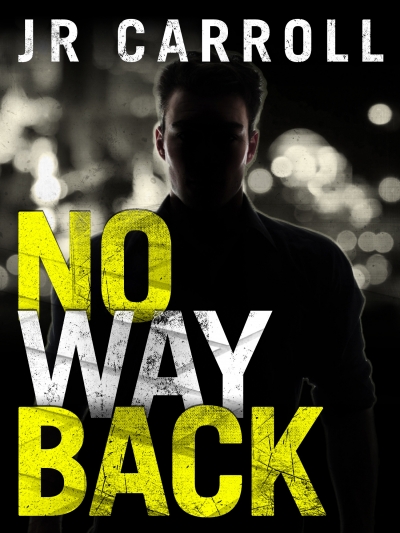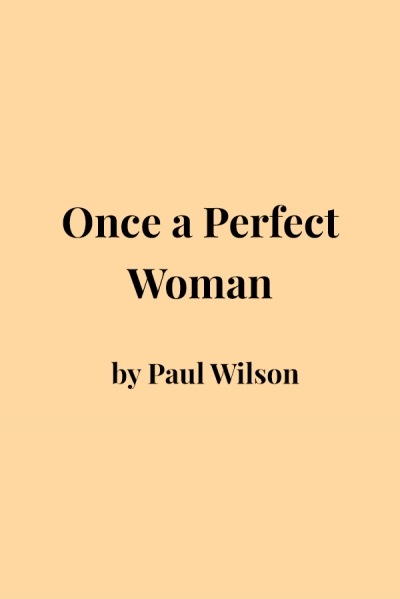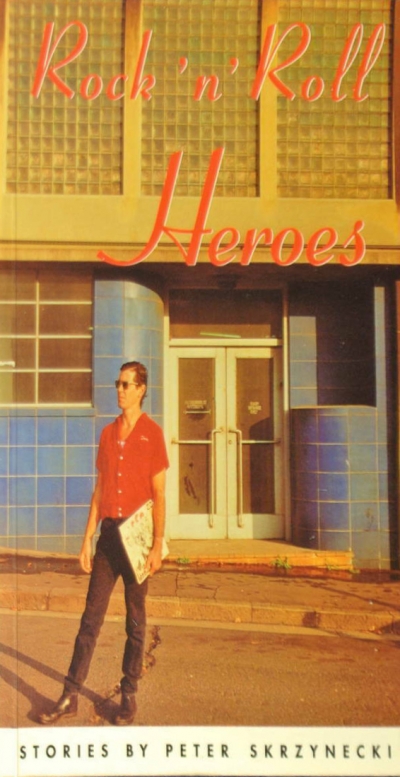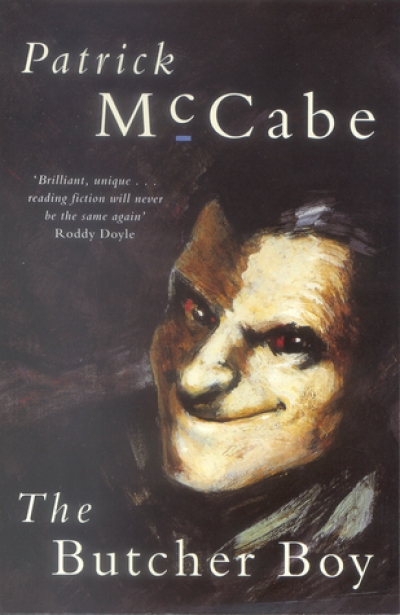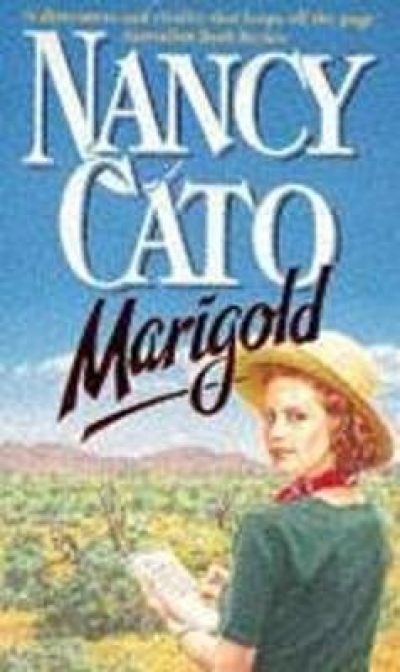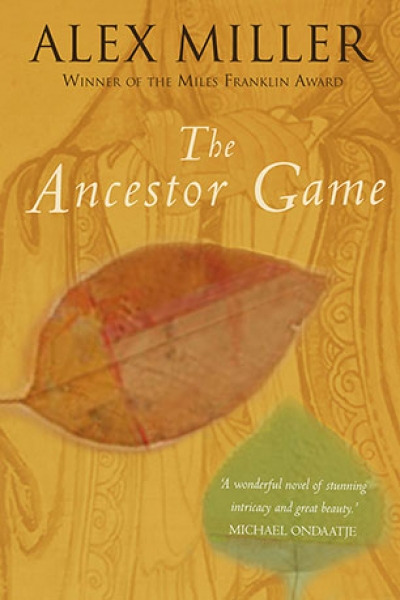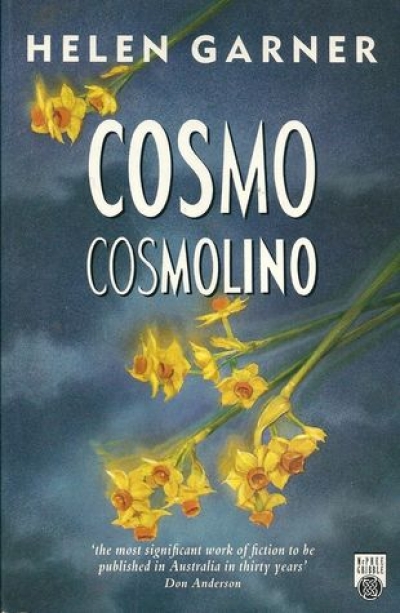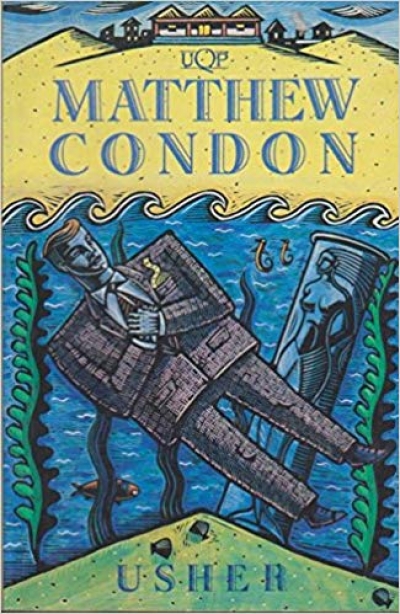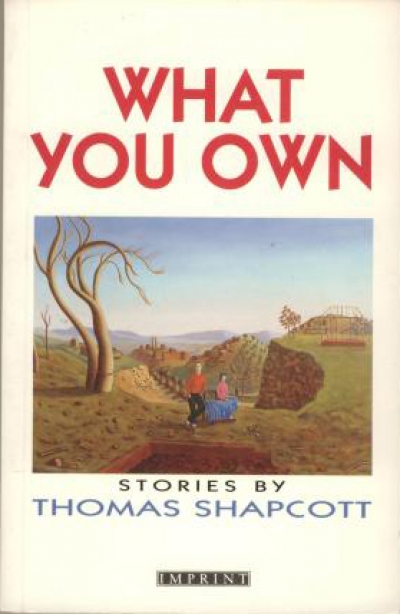Fiction
Over the past four months, three homeless men have been murdered in Melbourne, apparently without motive, and Detective Sergeant Dennis Gatz is determined to apprehend the killer. The action starts immediately with Gatz in big trouble for shooting at three fleeing thugs in Banana Alley during an all-night stakeout. Leon Cranston Harle is killed and his mates, Warren and Troy Stimson, swear to seek out this homicide cop and avenge ‘Harley’s’ death. Gatz’s superiors are not too happy about the whole incident either.
... (read more)Harley Morrison has never had much luck with women. His mother, a specialist in family law, abandoned him at a tender age and then when he began following her around, at the height of the bomb threats to Family Law Court judges, she called him a little sneak and threatened to sue his father.
... (read more)For its double epigraph, Rock’n’Roll Heroes combines a couple of lines of Midnight Oil’s Hercules – ‘my life is a valuable thing / I want to keep it that way’ – with six wonderfully numinous sentences from Thomas Traherne:
... (read more)When, the opening pages of The Butcher Boy, it becomes clear that the narrator is an uneducated toughie whose sorry history is going to be the subject of the book, the reader’s danger flags are likely to be unfurled. To sustain such a voice without losing credibility is a tricky task. But the first chapter establishes that voice with exceptional skill, and this success continues through almost to the final scene, which curls back to the beginning, with the narrator an old man, remembering slowly, frighteningly, his tragic life.
... (read more)The remarkable Peter Corris has done it again, producing his third book this year, with probably a couple still to come. I say remarkable because, with the occasional lapse, he manages to maintain a high standard of entertainment despite being prolific. No real writer, of course, would countenance publishing one book a year, let alone four or five, but fortunately for crime buffs this is not a problem for Mr Carris, who, one suspects, would happily produce a book every month if the publishers let him.
... (read more)These two books could stand as period pieces for their times, reflecting rigid moral codes and the limited expectations of women. If we wonder how far we have come towards changing the narrowness of female existence, we have only to compare everything implicit in the expression of the societal mores as depicted here.
Nancy Cato’s Marigold is a swashbuckling heroine’s tale; Winsome Smith’s Rachel Weeping is a flatly stated realistic account of a heroine’s woe, with emphasis on realism. Cato’s book is written with an underlying sense of humour, while Smith’s is restrainedly serious.
... (read more)Alex Miller’s third novel treads some complex and difficult territory, staking out the past, memory, and the creation of self. It is also an incursion into the shadowy borderlands that lie between history and fiction, and the way in which, for every individual, the past has a different face ...
... (read more)The inner-suburban dinginess of Cosmo Cosmolino could place Helen Gamer within an honourable tradition stretching at least from Dickens (Charles) to Dickins (Barry). It is a tradition that, observing the mundane and the domestic (not to be confused with each other), has produced works of pathos and wit, of great emotional intensity and sparkling humour. It is a tradition within which great writers have managed to invest dull lives, mean-spirited characters, and tawdry events with charm and universal significance, with an appeal reaching beyond the local and the specific. It is also a tradition within which great novelists ensure that their readers’ sympathy and curiosity are aroused to the extent that they will keep turning the pages well beyond bedtime and care about what comes next.
... (read more)The usher of the book’s title is T. Nelson Downs, long-time resident of Burleigh Heads. (The T. Doesn’t stand for anything; it was a parental whim.) He’s one of those wonderful, original, exasperating people full of impossible ideas (such as marketing gigantic ice sculptures for public occasions using skilled tradesmen brought out especially from Florence).
... (read more)Come on in. Do you like mango chutney? I myself have never had mango chutney, not liking mangos, but Phil’s an expert on making the stuff. It never lasts, but make sure you use green mangos because the old ones are too stringy.
... (read more)

